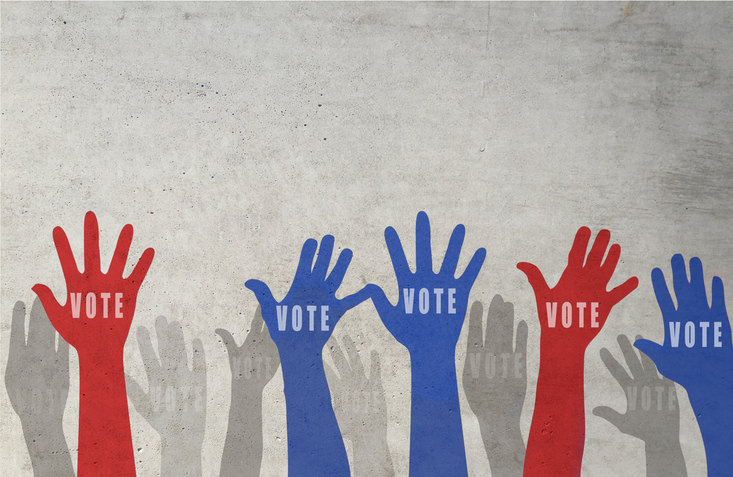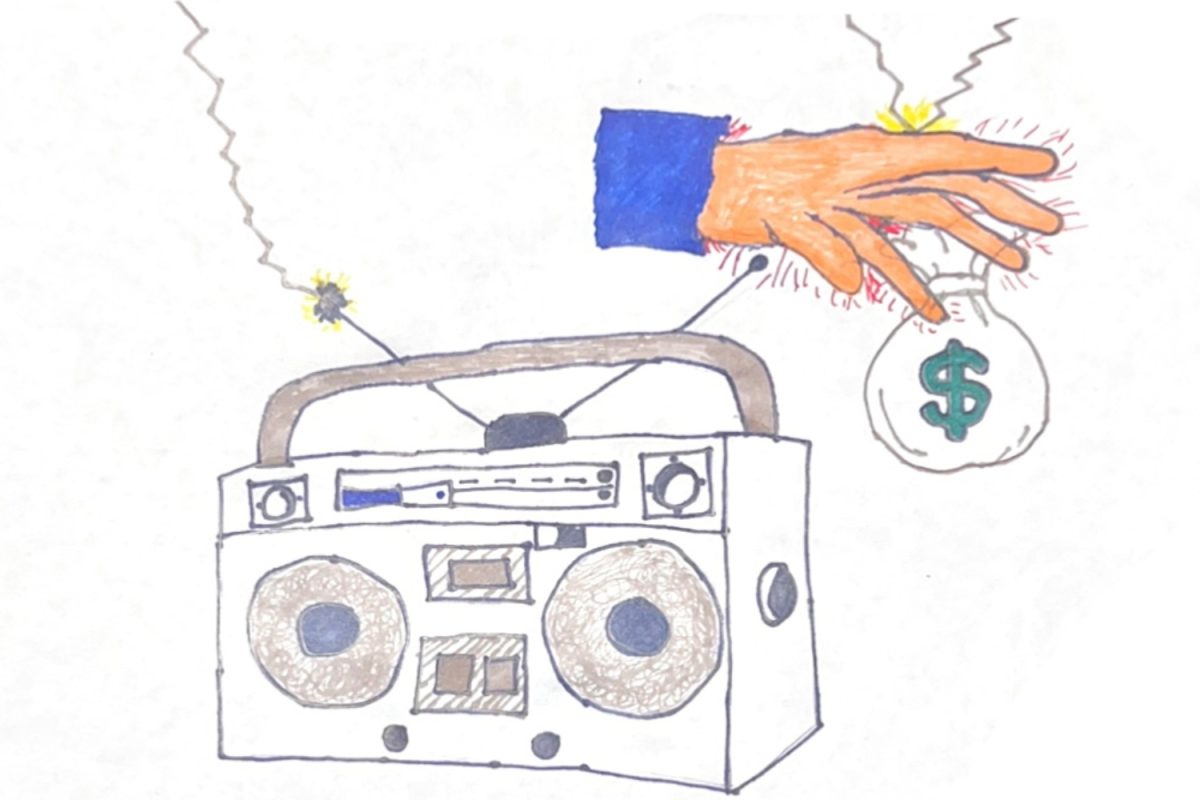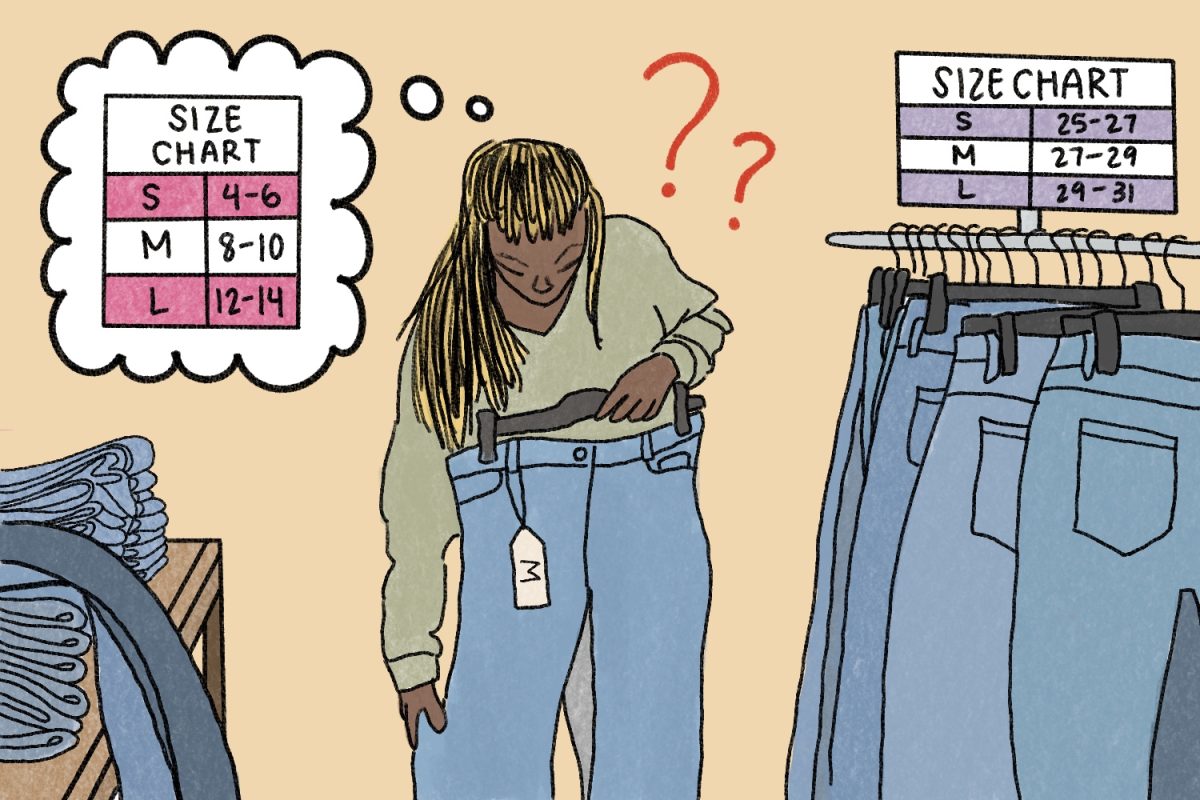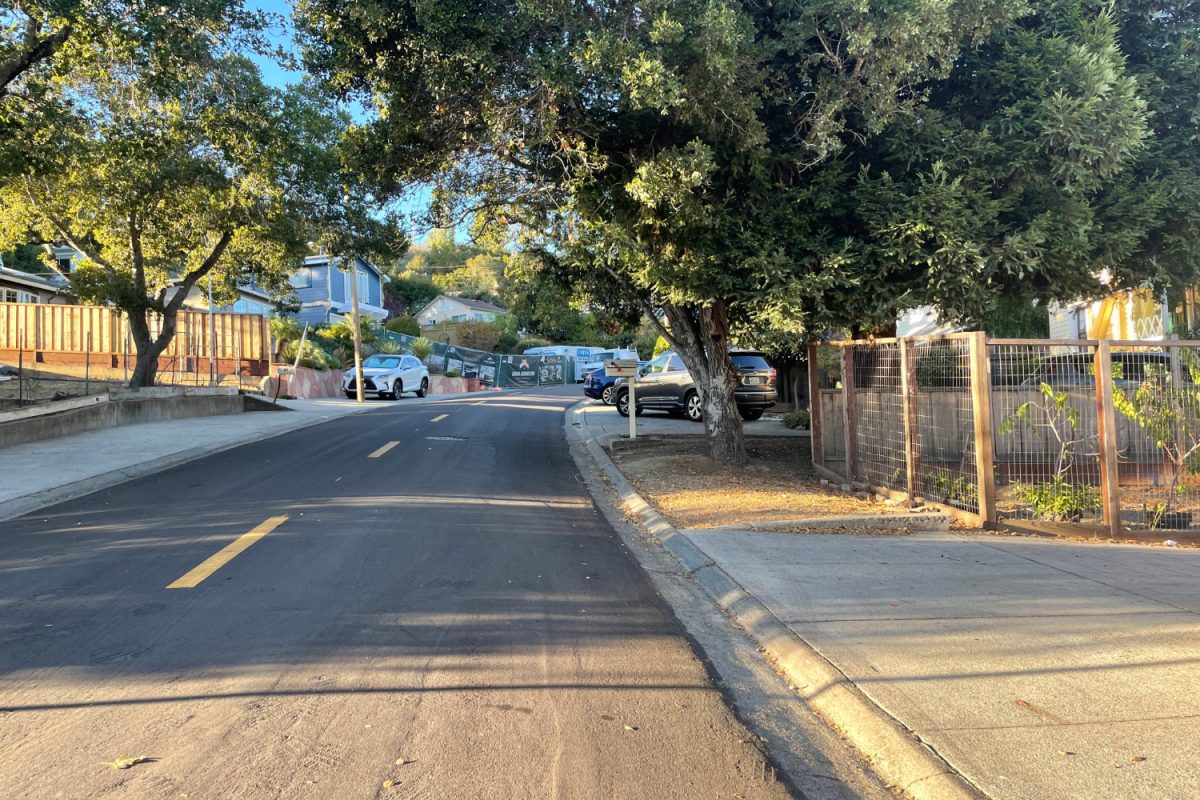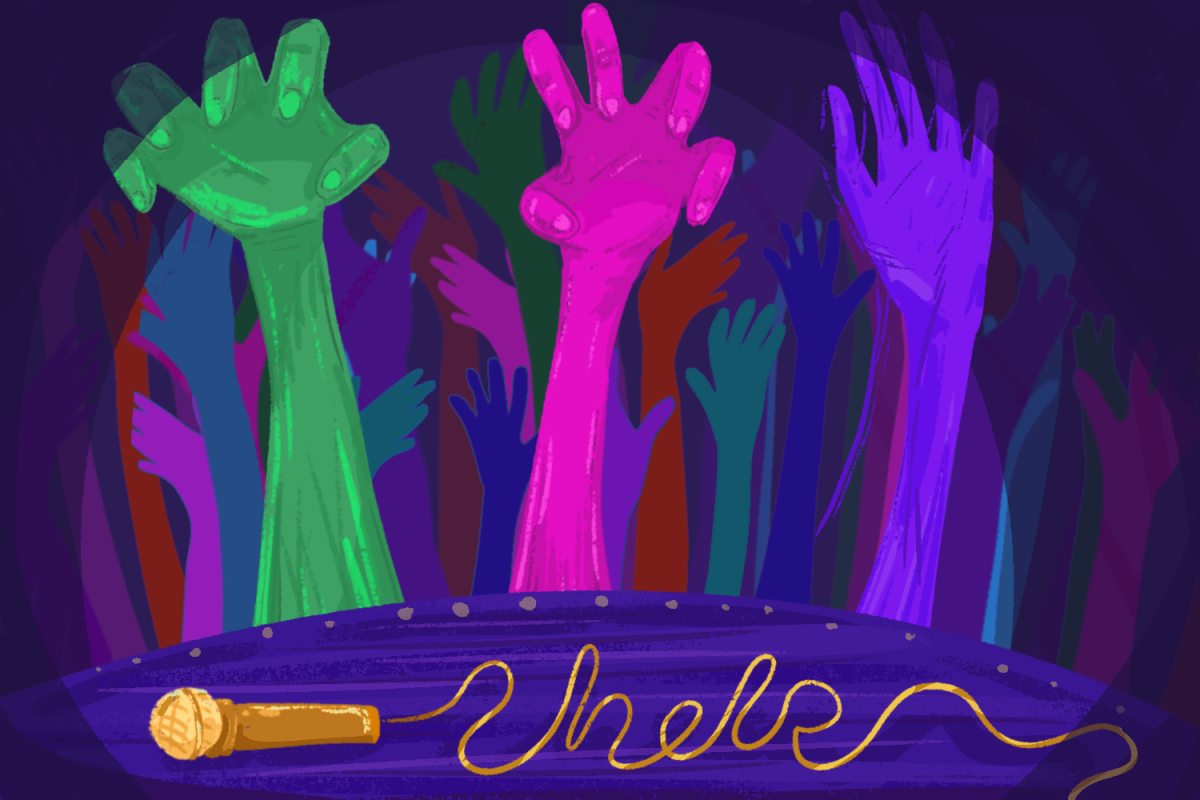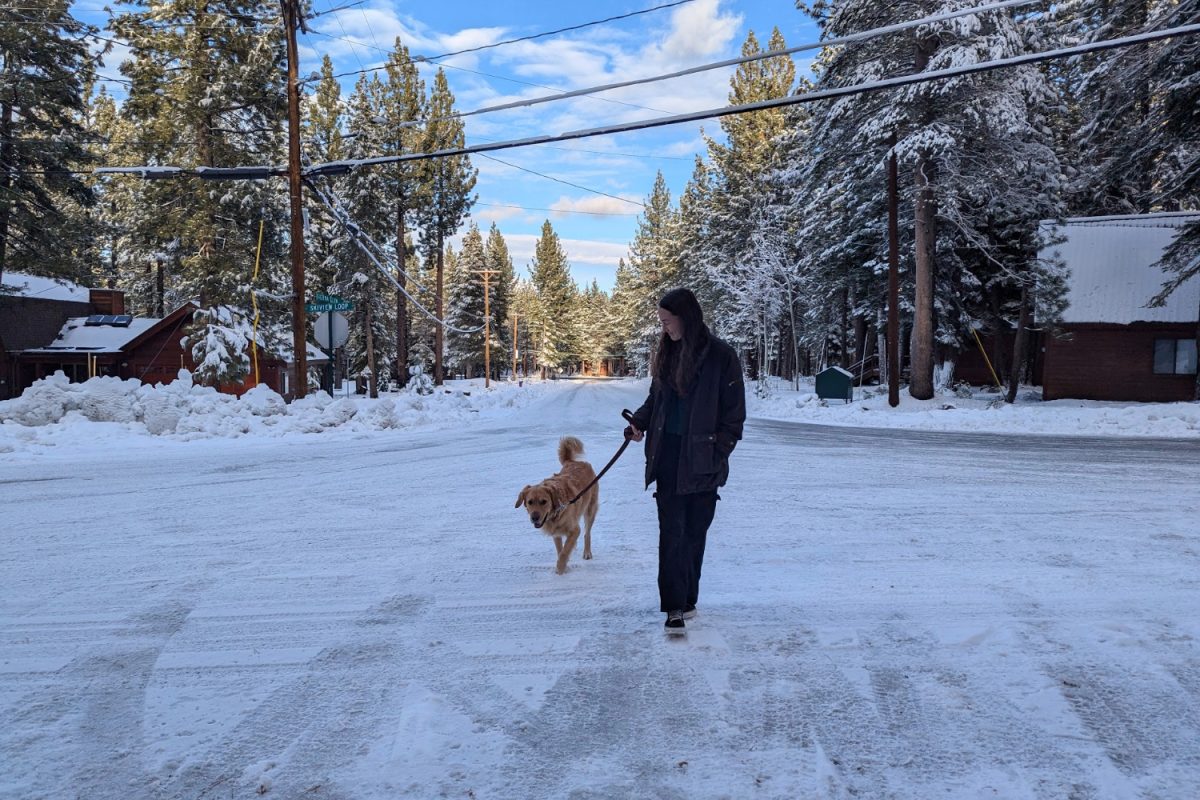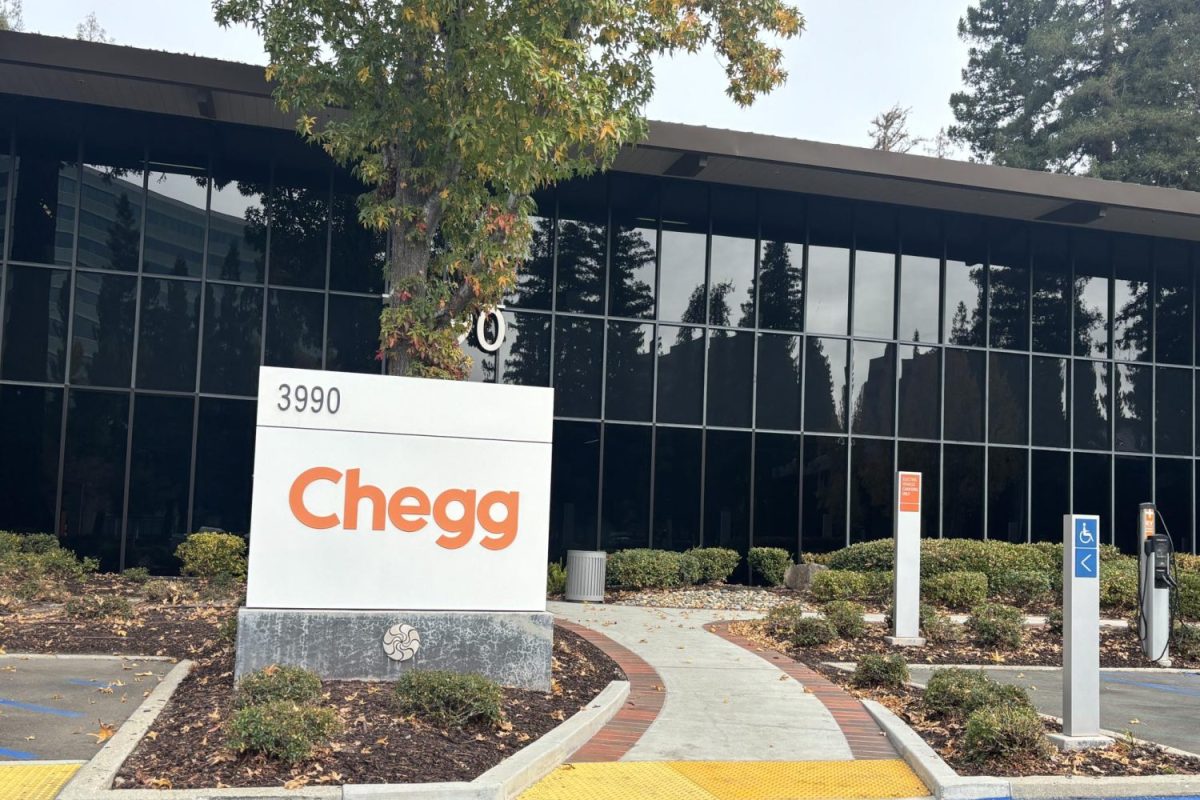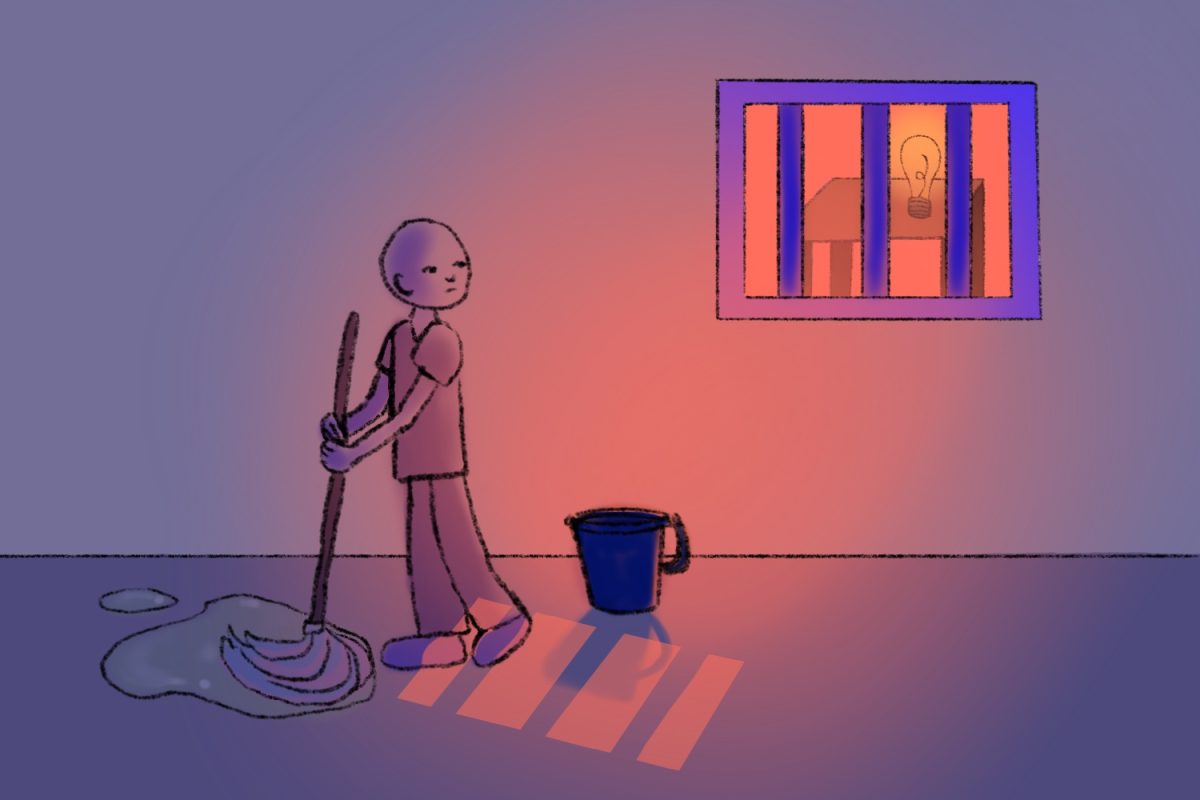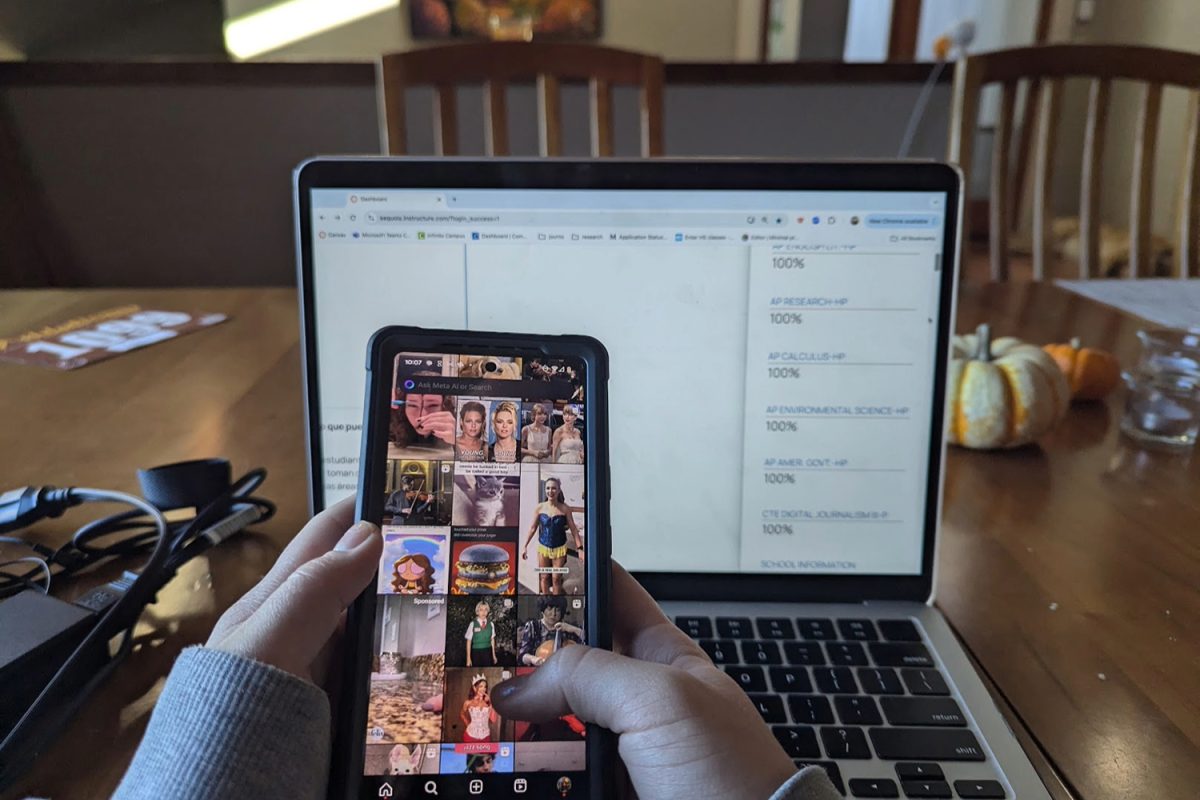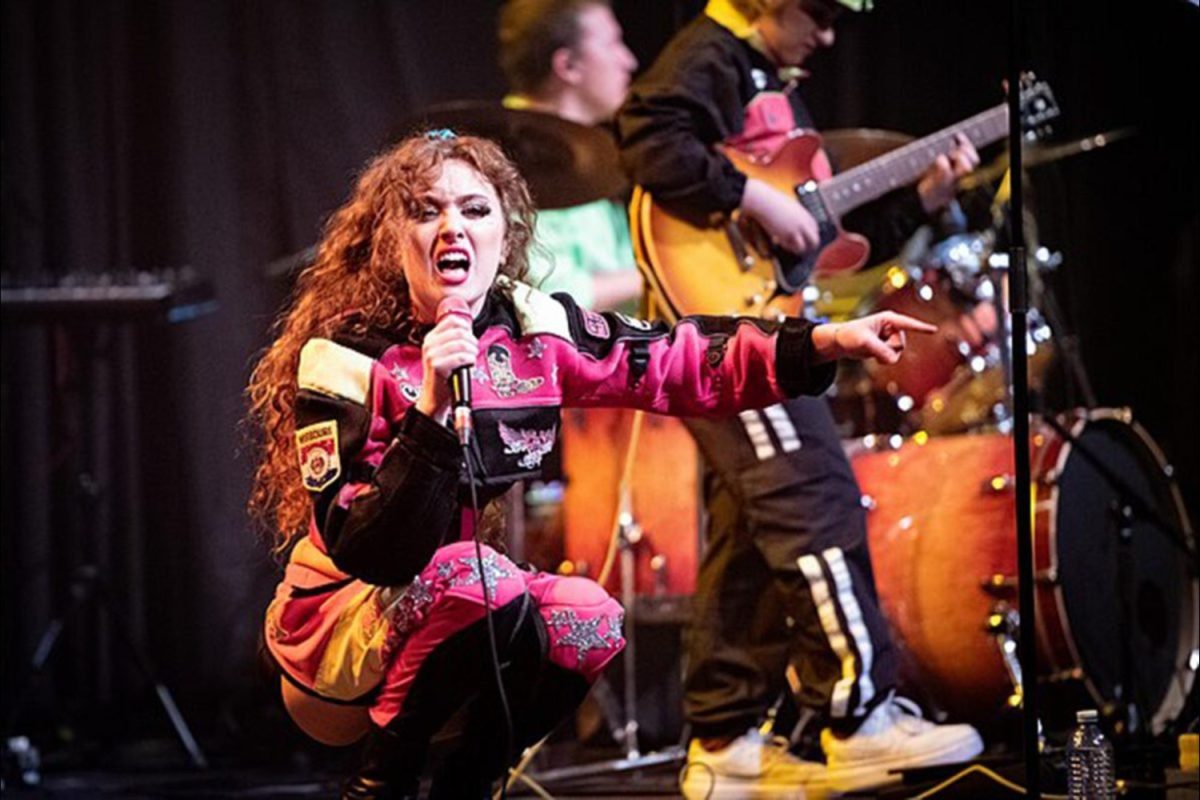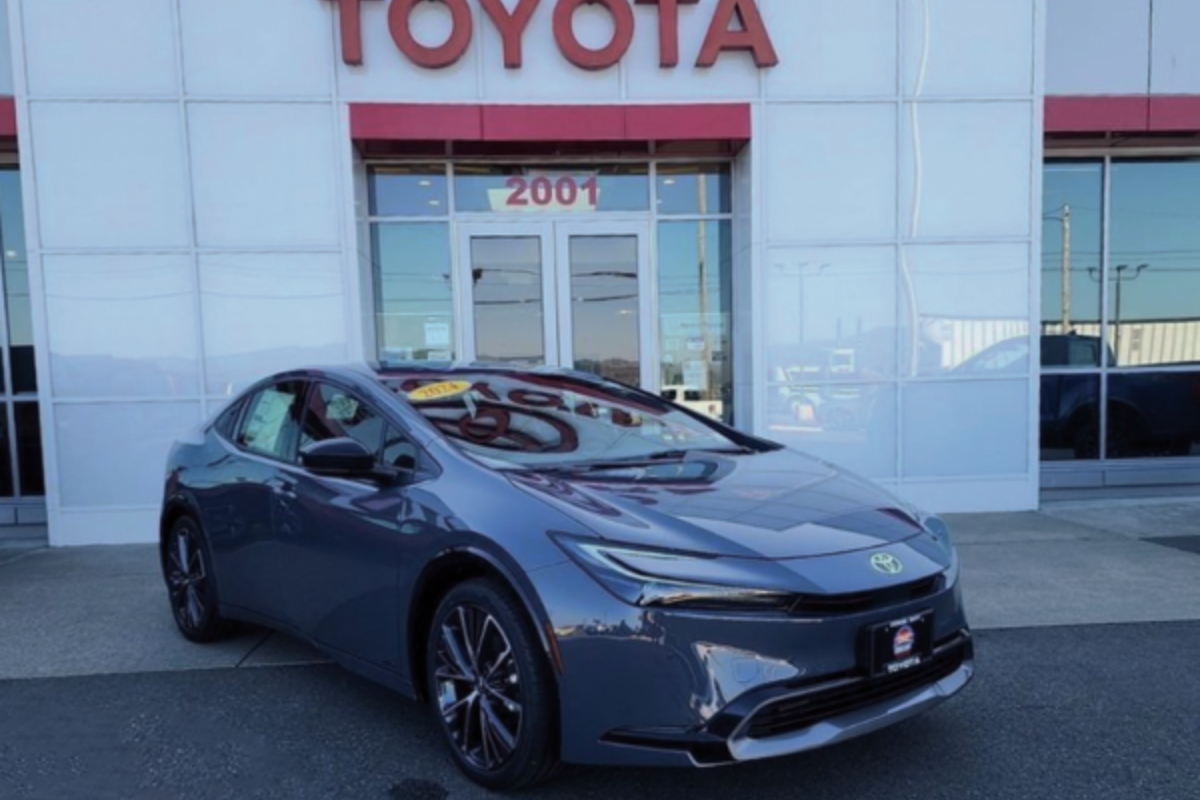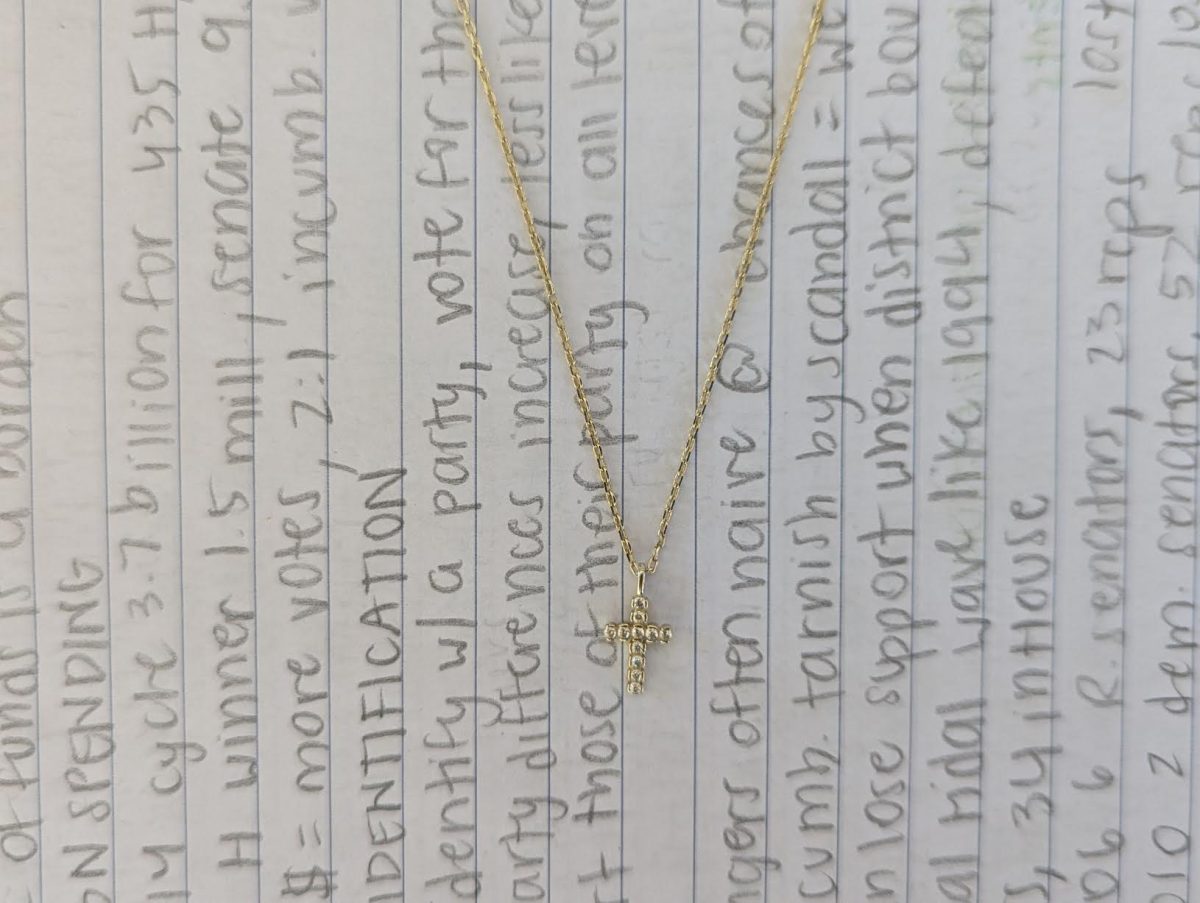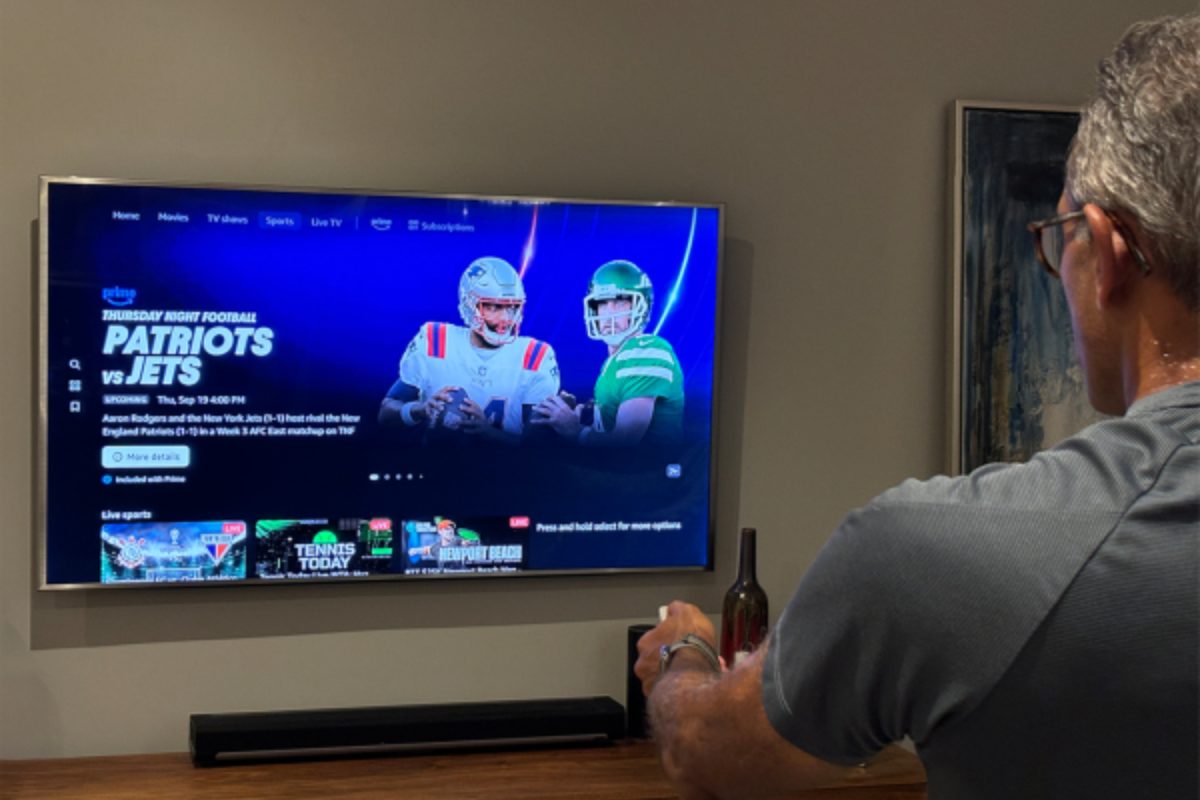Alexander Hamilton was the first secretary of the United States Treasury. Franklin Roosevelt implemented the First New Deal of 1933. The Marshall Plan was created by Americans to rebuild Europe after World War II.
We have learned all of these facts from our history classes, but what do we know about today’s current political events or, more specifically, the upcoming election?
We, as high school students, are provided with an education that, theoretically, prepares us for the future. Yet, many school districts have yet to implement a course that is devoted to promoting students’ awareness of the reality around them.
How can we be fully equipped for the “real world” if we aren’t educated about the current global events occurring around us?
Additionally, many current seniors and even some juniors will be voting in the 2020 election; however, whether or not they have the knowledge to do so is currently dependent on their initiative.
Teens who talk to their parents about political issues are often more engaged and feel that they can get along better with those from whom they differ, according to the Associated Press-NORC Center for Public Affairs Research. But, not everyone has the resources or politically-inclined adults available to enable that conversation and schools don’t often touch upon the different layers of political controversy or how to comprehend them.
Classes like AP government cover the election process; however, the material isn’t often applied to real-life situations. In turn, it is possible that some upper-class students don’t even know who this year’s presidential candidates are, let alone those running for local and state legislatures.
While the information being taught in each history class is essential — as we don’t want the mistakes of the past to haunt the future — the structures of the curriculum should be tailored to better educate students with information relevant to today’s society.
According to a 2013 survey from CIRCLE, high school students who were exposed to the voting process through education were 40% more likely to cast ballots in the 2012 presidential election.
It is essential to recognize that objectivity is an important factor in maintaining a proper classroom learning environment. Nonetheless, we believe a brief overview of topical news is still necessary, as well as more lessons on the political system and how to take part in it, even before senior year.
High school students should not have to depend on their life at home to determine the amount of knowledge they possess pertaining to politics. Not only are the elections significant factors that determine our future, but learning more about general political situations is our desire as students, as it is an area for us to grow and develop our own opinions and character.
Furthermore, there should be a curriculum in place that addresses these topics to ensure that students are well-informed and comfortable with their duty as a citizen to vote.
*This editorial reflects the views of the Scot Scoop editorial board and was written by Audrey Luey.


